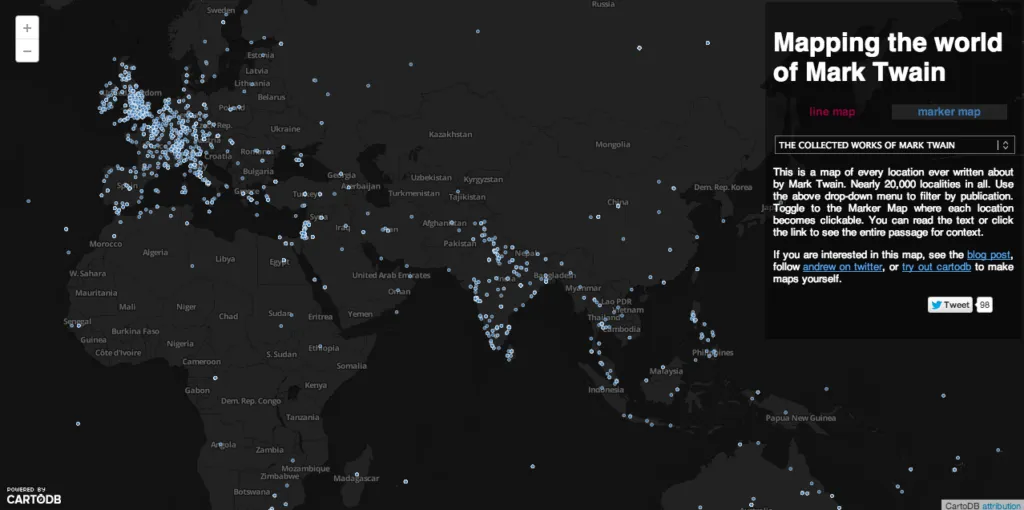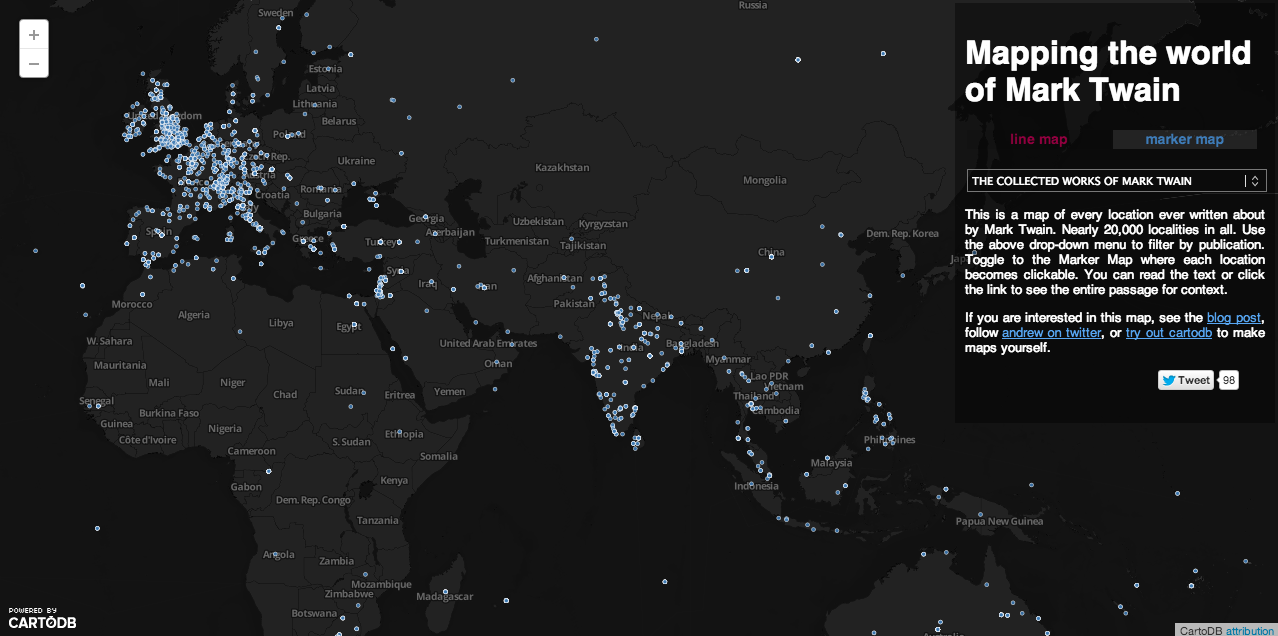
Why Leaders Should Learn Geography
Kirk Goldsberry mentioned in “The Importance of Spatial Thinking” that “Harvard eradicated its Geography Department in the 1940’s, and many universities followed suit”. Indeed, not only has geography never been part of business programs, it gradually vanished from education fields that matter in prestigious schools, with no major revival since the 1940’s.
Today, it is still suffering from an inaccurate split between a “physical” and a “human” branch, themselves sub-divided into multiple precarious sub-fields that makes everybody, including geographers themselves, feel embarrassed and confused about their own disciplinary. Having so much trouble defining what geography is played a big role in its disappearance from the business and management programs.
That lack of interest for geography as a field of study has also to do with the fact that it is still perceived as the “art” of exploring and mapping the world with a telescope from an old sailboat, counting rocks and drawing exotic landscapes with a nib while sipping some exotic cocktails. Not only geography is (still) seen as some sort of poetic leisure by the business world, it is now reduced to location devices and mapping gadgets since technology progress put GPS and Google Earth on every smartphones.
Well, we got it wrong. Geography is not the science that tries to naïvely explain the world by describing its very surface anymore, and it has nothing to do with naming all the capital cities of central America, nor with the ability to use the location feature on Pinterest.
Today’s geography is an angle to look at the world, embrace its complexity, a way to get a sense of human flows, behaviour trends, cultural influences, market evolutions, balance of powers between institutions, companies, governments, from a global to a very local perspective. It is a way of thinking that crosses time and space at any possible scale to see and understand what is happening. It connects the dimensions of the world – societies, environment, economy, politics, finance, psychology… – by offering unique key concepts and theoretical tools.
As big data is becoming one of the biggest economic challenge of our time, being able to connect several layers of thematic information, to cross it with multiple time & space scales, to process complexity to end up with several prioritized solutions is not an optional skill for leaders. Decision makers need to know about wide general process such as globalisation, cultural preferences and religious beliefs in the world, demographic trends, but also about regional consumption habits, local specificities, small groups social psychology and behaviour.
Having a good knowledge of regional culture and place-related specificities is also definitely an asset, with employees as well as partners and customers. Being aware of the importance of place and people uniqueness, admitting other ways of thinking and other people-territory relationships will definitely make a difference in the way one will inspire others, no matter what the product is.
Geography provides an essential basic knowledge of global mechanisms that matter in the world every people making decisions on a daily basis should know about, from how nationalism shape consumer habits to why beach vacation became the biggest sector of the tourism industry since being tanned became a sign of wealth sixty years ago.
Like other sciences, geography provides analytical skills, precision, the ability to collect and process important amounts of quantitative and qualitative data, to synthesize and communicate results, both verbally and visually. More than other sciences, geography also provides spatial data visualisation skills (mapping and sketching), emphasis the capacity to read and communicate multiple dimensions of a problem to a range of partners, develops design and creativity skills as well as decision-making and good understanding of group and individual psychologies.
On top of that, leaders can gain a unique ability from geography by developing the three following skills:
- The sense of scale: having good abilities to assess distances (physical distances, but also symbolic ones between cultures, people, products, times), to estimate accurately market size and accessibility, the feasibility of one project, its scalability, the capacity to discern what falls under global trends (long-term) versus what is a specific localized (short-term) phenomena make a great difference in the success of one enterprise.
- Spatial thinking: not to confuse with “making all big decisions looking at a map instead of charts”. Spatial thinking simply means: not to forget that data are always coming from somewhere, which basically means they have to be considered in a cultural, political and economical place-related context, relatively to other surrounding contexts (what happened in the past, what happened elsewhere, what happened in other dimensions than the financial or industrial one).
- The sense of place: you always sell more than a product. You sell a story, a dream, a hope, a discourse. What makes the difference between a fair success and an exceptional product people will wait for is the deep and unwavering belief that they need this product to be the person they want to be. You sell meaning, you sell identity and image. Well, places (from the country to the house) are not just interchangeable empty containers for people. They are deeply associated with affective memories, life stories, key moments of people lives. Just like things.
If “power is information”, knowing what is where in the world, and why, how it used to be and how it is likely to be in the future is essential for anyone aspiring to open a path for the others to get inspired and follow it.
Oh, also, learning geography will help not to look like a fool by confusing Irak with Afghanistan or ignoring what the capital city of Canada is.







